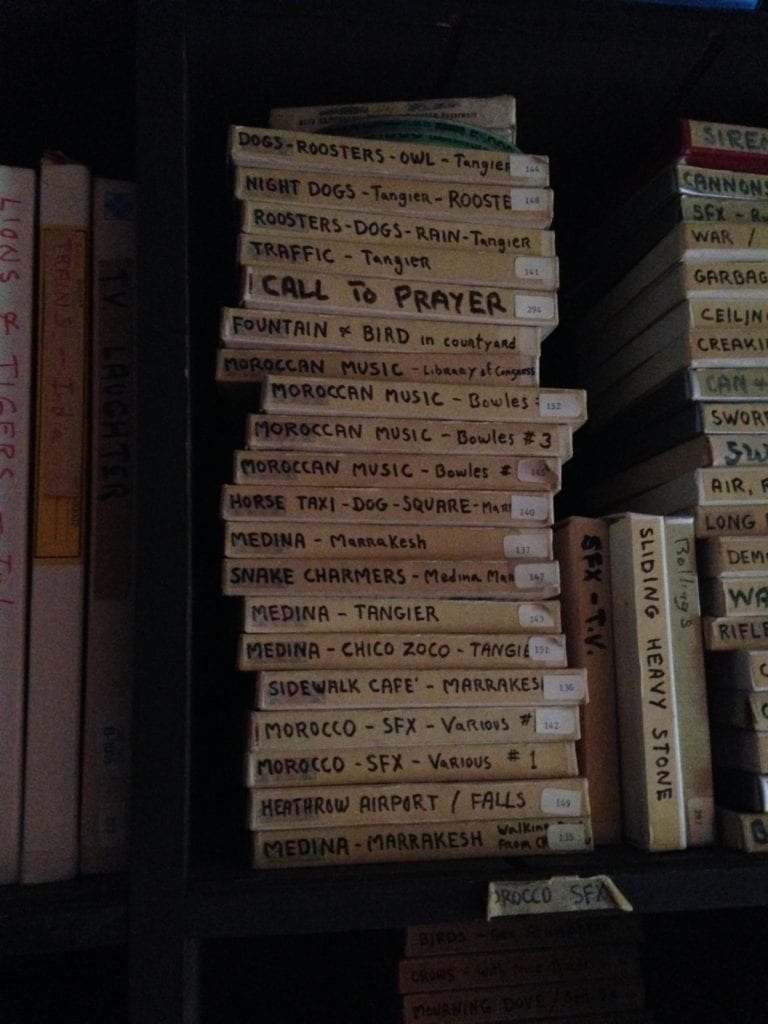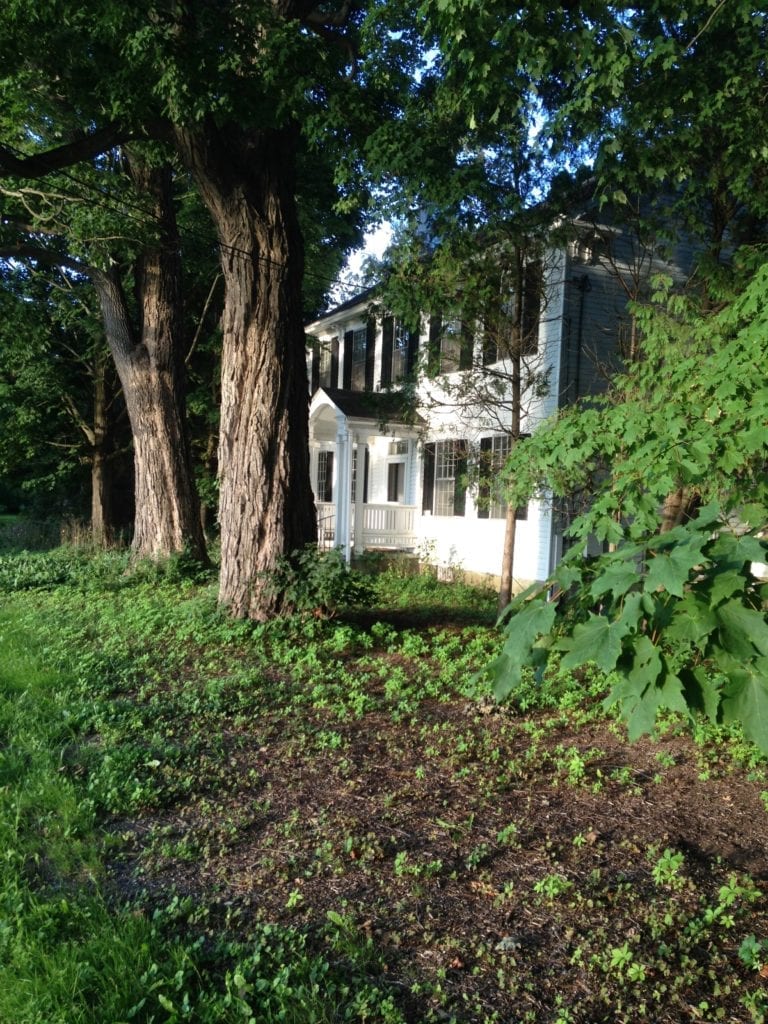
Jacob Smith’s “Travels with Jack: ZBS’s Post-Network Radio Adventure” was published in the inaugural issue of Resonance: The Journal of Sound and Culture. The article, which you can read for free for a limited time, explores the nonprofit arts organization, the ZBS Foundation, which began as a “media commune” in the early 1970s and continues to the present day: a period that spans dramatic changes in American radio culture and audio technology. The key creative figure at ZBS is the writer and producer Thomas Lopez, whose work serves as a case study in a “post-network” style of radio drama, one shaped by multitrack editing, field recording, and the ethos of the 1960s counterculture. The ZBS aesthetic comes into sharpest focus in the Jack Flanders adventure series, which demonstrates how ZBS adapted a “theater of the mind” approach to radio drama to create a “theater of the mind-body” that re-accentuated earlier conventions of the radio adventure serial for a countercultural audience.
In the following guest post, Smith talks about how he initially became interested in ZBS and invites interested readers/listeners to join him in exploring ZBS’s radio adventures.
The origin of my essay, “Travels with Jack: ZBS’s Post-Network Radio Adventure,” can be found quite a ways back in my life, well before I began an academic career. I first became interested in audio drama as a teenager, and discovered that there was a company in my hometown of Bloomington, Indiana called Lodestone Media, which distributed audio dramas on CD and cassette. I got to know the owner of the company, Richard Fish, and visited his home-based operation a few times. Browsing on Lodestone’s shelves, beside seminal work by the likes of Norman Corwin and the Firesign Theatre, I found CDs by the ZBS Foundation: a non-profit arts organization that began as a “media commune” in the early 1970s and continues to the present day. Richard gave ZBS rave reviews, and I made a mental note to investigate further. Alas, life took me in other directions, and ZBS faded from my consciousness for a while.
Fast-forward to several years ago, when I learned that my colleague at Northwestern University, Neil Verma was having his students listen to “The Fourth Tower of Inverness” (1972), ZBS’s first radio serial and a vivid demonstration of their unique style of metaphysical and multitracked adventure. I remembered my long-ago curiosity about the organization, and began listening… and listening… and listening. You might say that I fell into a ZBS vortex, captivated by the distinctive approach to production technique and storytelling, as well as the fascinating communal history of the group.

I was eager to learn more, and began to do historical research on the organization, which included seeking out interviews with the folks who had produced this singular archive of audio drama. Writer-producer Thomas Lopez is the key creative force behind ZBS, and he responded to my inquiries with great kindness and generosity. A series of informative email interviews culminated in a visit to Lopez’s upstate New York home in August 2018. Staying overnight in the farmhouse that had been the site of the commune I’d been thinking so much about; seeing the recording studio that was the birthplace of the story-worlds in which I’d been so obsessively immersed; having a morning coffee and conversation with Lopez in a way that echoed many of the scenes in his ZBS adventures: all of this was a humbling and uncanny experience. Past and present, fiction and reality, inner and outer worlds, all seemed to blur a little, producing a kind of waking-dream-state that was perfectly in tune with the ZBS aesthetic.
When I first began to write about ZBS’s Jack Flanders adventures, it was intended to be part of what became my audiobook, ESC: Sonic Adventure in the Anthropocene. That project examines the adventure genre on postwar American radio through the case study of the CBS Radio anthology series, “Escape” (1947-1954). My initial plan was to compare that kind of “golden age” radio adventure with ZBS’s countercultural revision of it. The ZBS material was just too rich and interesting to be a footnote to another story however, and I’m thrilled that “Travels with Jack” has taken its own shape and found an outlet in Resonance.
I hope that some readers of my article will be inspired, as I was, to fall into the ZBS vortex. Now is a good time to explore the organization’s long history, as we approach the fiftieth anniversary of its first release in 1972. The journey begins here: https://www.zbs.org/index_new.php/home
